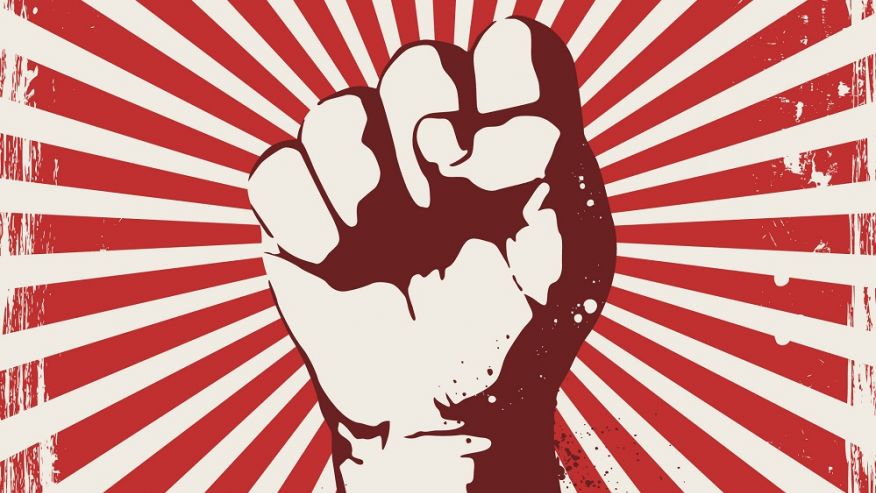Earlier this week Andrew Strain wrote a sharp, if also too short, post for First Things arguing that economic debates that orbit around whether or not the government should intervene in the marker are ultimately meaningless. This is the gist of his argument:
Login to read more
Sign in or create a free account to access Subscriber-only content.
Topics:
